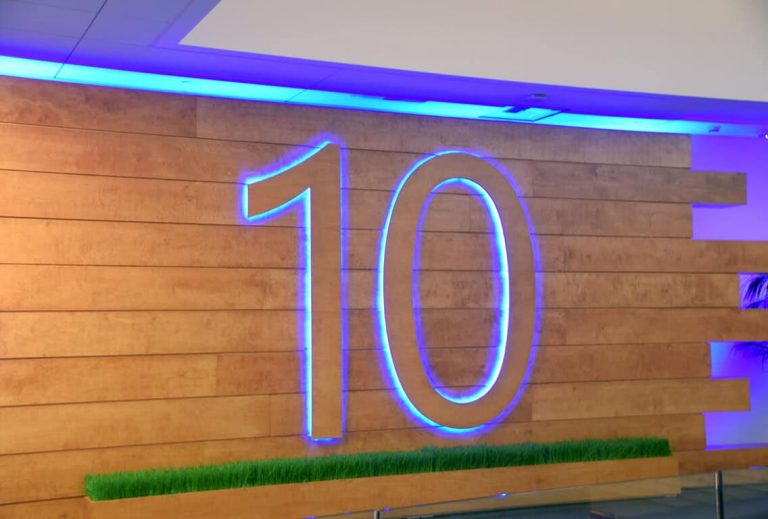Microsoft posted a rather controversial blog post back on January 15, 2016, that outlined the vital importance of upgrading to Windows 10. Specifically, the company let it be known that support for Intel’s Skylake (and future) platforms would require migrations to Windows 10, a reality that hit some enterprise users the wrong way.
In a Technet blog post, Microsoft has responded once again to a customer backlash by “clarifying” their position on just how they will be supporting Windows 7 and 8.1 on the Skylake platform:
As we approached Intel’s Business Launch for Skylake in mid-January, we shared more details on our recommendations for enterprise customers on Windows 10, Windows 7 and Windows 8.1, including clarifications to our support policy for new silicon. A key part of this update was our commitment to continuing to lead with a customer-first approach. Since then we’ve received feedback from customers at various stages of planning and deployment of Windows 10. Led by their feedback, today we are sharing a few updates to our Skylake support policy*:
- To help provide greater flexibility for customers who have longer deployment timeframes to Windows 10, the support period for Windows 7 and Windows 8.1 devices on Skylake systems will be extended by one year: from July 17, 2017 to July 17, 2018.
- Also, after July 2018, all critical Windows 7 and Windows 8.1 security updates will be addressed for Skylake systems until extended support ends for Windows 7, January 14, 2020 and Windows 8.1 on January 10, 2023.
Microsoft still wants customers to upgrade to Windows 10, and the best support for Skylake and future platforms will be on the company’s latest and most strategic operating system. At least, current customers can rest assured that their older systems will be supported for another year, providing them with more time to make the migration.
As much as Microsoft wants a billion Windows 10 users, they clearly don’t want to alienate their most important enterprise customers. We’ll be sure to keep you updated as Microsoft continues to react to customer outcry over some of its recent difficult decisions.


